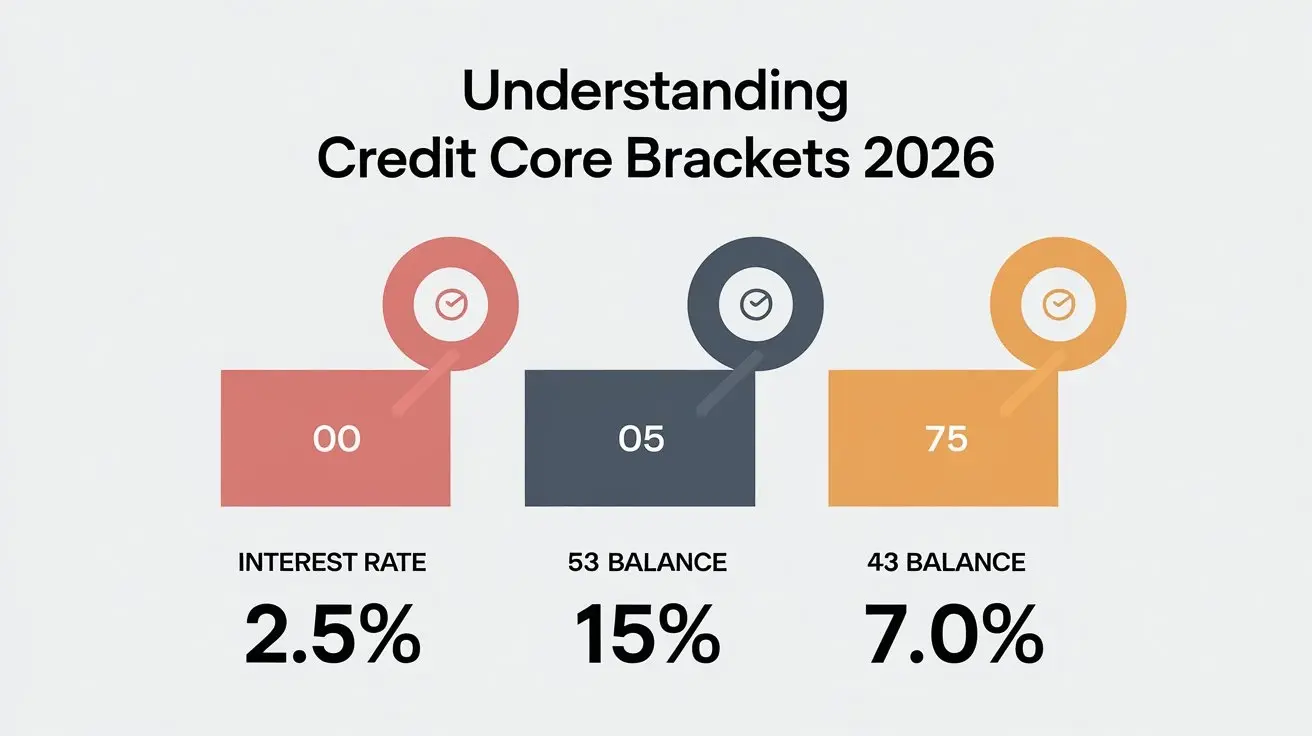
A credit score is an important aspect of your finances. It determines such matters as whether one qualifies for a loan or a credit card and how much interest rate one has to pay. That is why it is always necessary to work on the credit score as long as it takes to have a good rating.
However, some habits might have been taken into practice, which is pulling your score down marginally.
Making Late Payments
Banks and other financial institutions usually frown at any instance where individuals fail to honor their debt obligations and this is even more detrimental when it comes to loans commonly people end up damaging their credit score very fast if they fail to honor their financial obligations in terms of payment. It is a well-known fact that payment history accounts for a large part of your credit score, so one 30-day late payment may cost you between 90 and 100 points alone. More so if the multiple or the number of times overdue payments have occurred is high, or the length of such overdue payments is long. If you desire to maintain a good score, then ensure that you have met all your obligations as they are due every month. If necessary set up automated payments or at least have someone remind you about payments.
Maxing Out Credit Cards
Another determinant of your score is known as your credit utilization ratio – the proportion of your available credit you use. It is advised that this must be below 30 percent. According to professional opinions, it should be maintained at not more than 30 percent. Credit utilization, especially when you are using your cards to the optimum of their capabilities, 90-100% is deadly in terms of creditworthiness. It is good to make a point to avoid exceeding 30% or less of the credit limit on each card and to make payments promptly. Monitor your statement every month and avoid making large purchases that you are unable to settle regularly.
Closing Old Accounts
Perhaps, they found out that it is smart to close unused credit cards to save money and avoid unnecessary spending, but it is detrimental to one’s credit rating in the short run. Poor credit history length is considered detrimental when it comes to determining credit scoring ratings. If you do not have many accounts, closing some of them also hurts the age of your credit history and, therefore, your score. Instead of closing old accounts that have been inactive for a long time, it is wise to keep them open but to engage them sparingly.
Applying for New Credit
Any credit application you make always results in an inquiry that appears on the credit report. Though 2 or 3 inquiries resulting from auto loans, mortgages, or such related issues are considered normal, if there are more, then credit scoring is affected. Applying for many new credit cards that you do not require in the first place to earn promotional bonuses is not advisable. It is advisable to apply for credit that can be used responsibly in the best interest of repaying it fully.
Co-Signing Loans
This is a fact, that co-signing a loan for someone with bad credit is effectively joining one’s credit fate with that of the other applicant. If they fail to make payments on it, it will harm your credit score like it harms their own. Co-signing is therefore best avoided wherever possible because it poses many dangers to consumers. If you decide to do it, know that there is an inherent risk involved and discuss it with the primary borrower on how payments get made on time.
Ignoring Errors
Last but not least, errors can come to the credit report when there is something wrong like identity theft, old account status, and so on. When you find mistakes but do nothing to correct them, errors remain and can bring your score artificially down. All reports should be reviewed at least once a year and if there is a need to challenge any item, then this should be done by requesting the bureaus to remove it. The two most important factors, good credit health, and quick results are not compatible with each other A fast credit repair leads to the resolution of credit problems.
A credit score is not an instant thing that one acquires within a day, it requires discipline and standard budgeting throughout the years. Don't do the following and remain vigilant and cautious about your credit accounts and reports. Here, we show you some good practices that can help you establish and maintain healthy credit. The basic things that can be done are, payments have to be on time, credit has to be used sparingly and intelligently, there should not be too many inquiries, and old accounts have to be kept active. This way, one will be able to avoid situations when scores will tank as you pay them off or take on debt necessary to fund larger goals.
Call now for expert credit repair services: (888) 803-7889
86 to 90
Read More:
How to ask for late payment forgiveness?
What credit score is needed to buy a car?
How long after buying a house does your credit score go up?
Can I wipe my credit file clean?
Can you legally erase bad credit?




